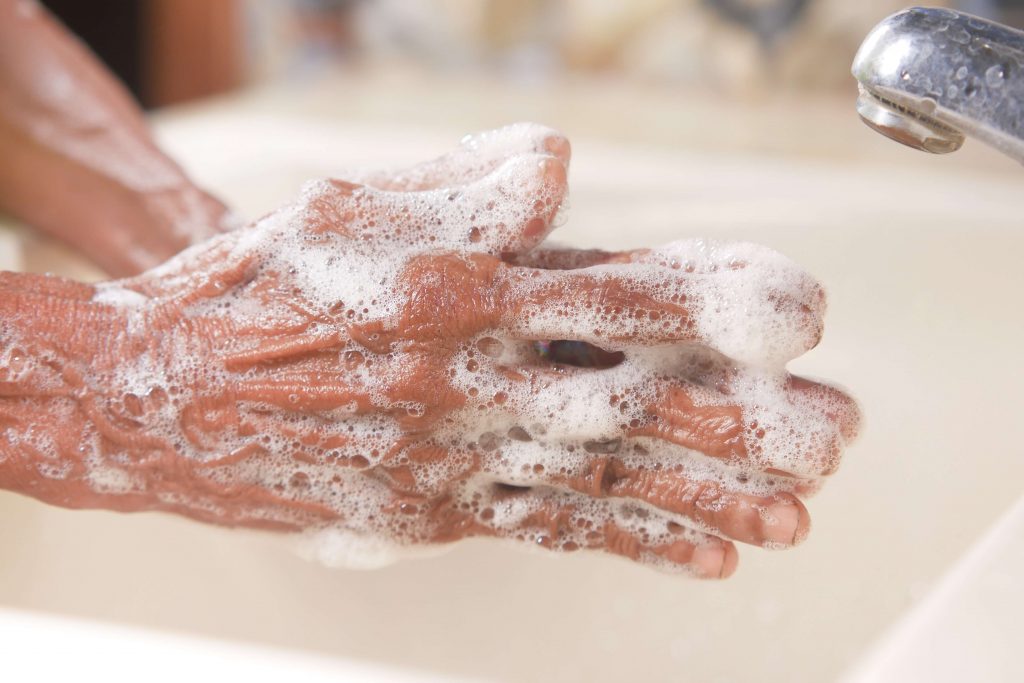“Clean Hands, Healthy Lives: Unveiling the Crucial Role of Handwashing”
Image provided by pexels: “Clean Hands, Healthy Lives: Unveiling the Crucial Role of Handwashing” Introduction In a world brimming with technological wonders and scientific advancements, there exists a simple yet profoundly effective tool that has been safeguarding our health for centuries: handwashing. It’s a practice we learn as children, and its importance cannot be overstated. …
“Clean Hands, Healthy Lives: Unveiling the Crucial Role of Handwashing” Read More »

